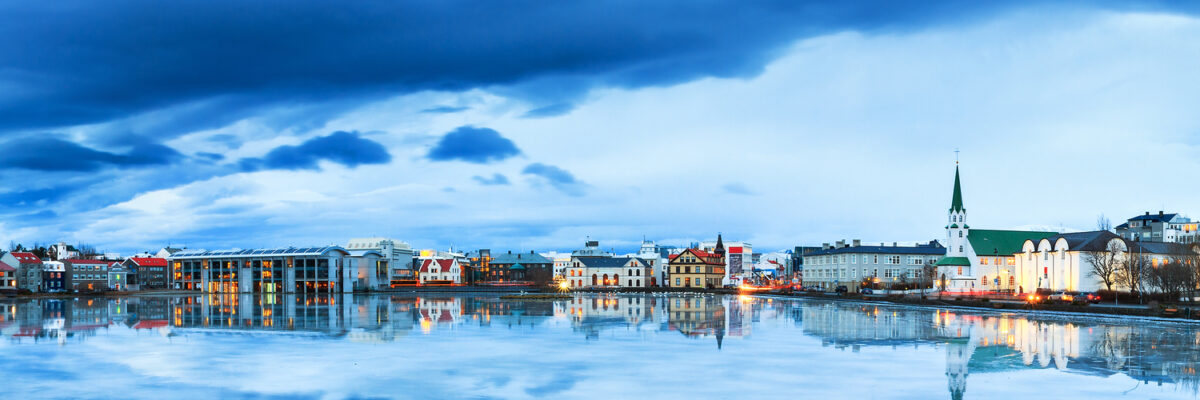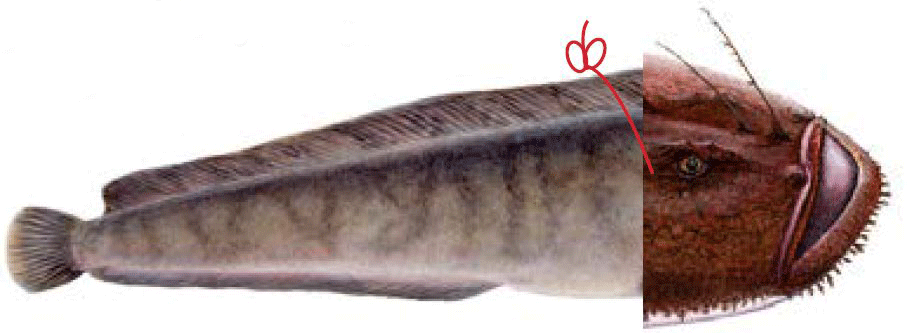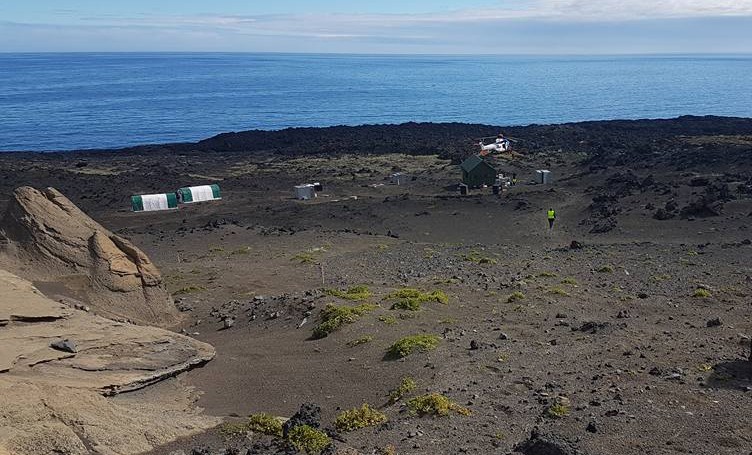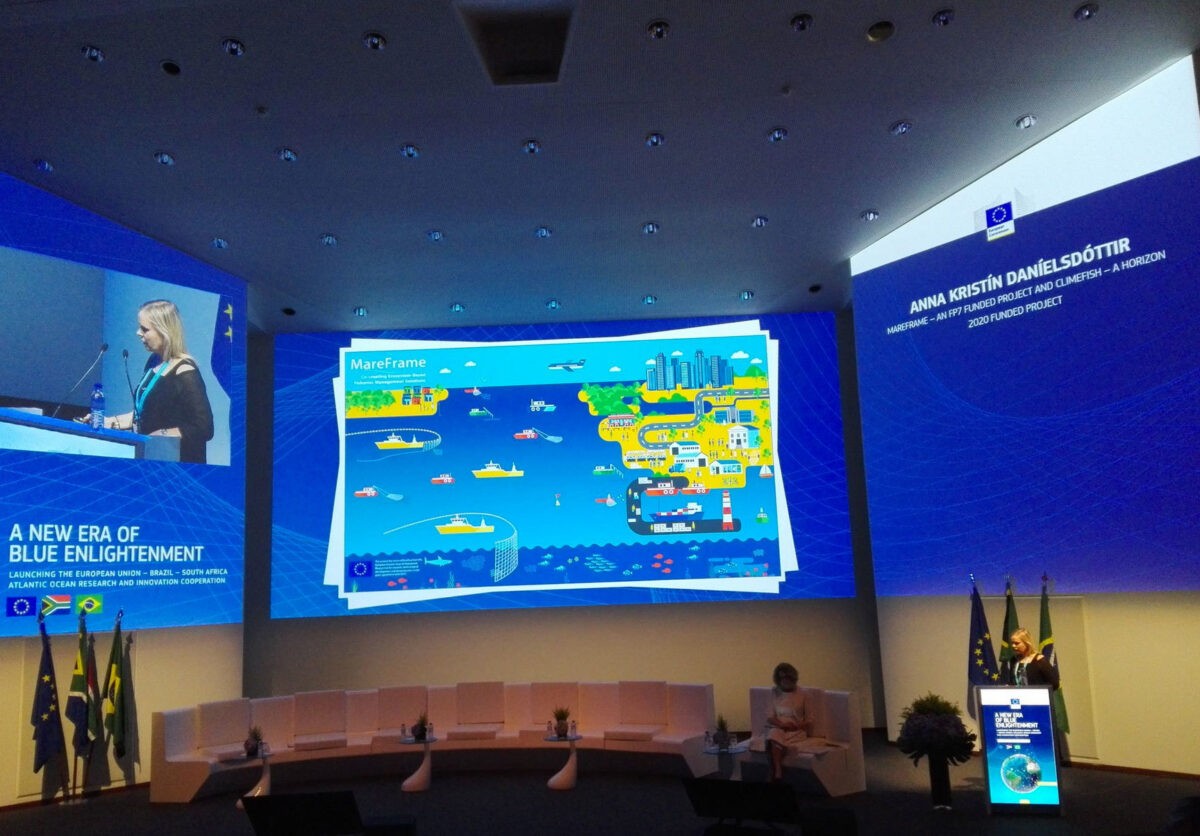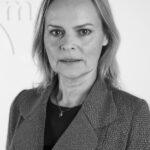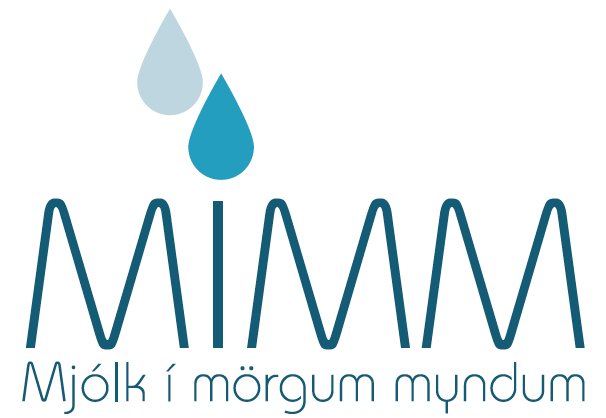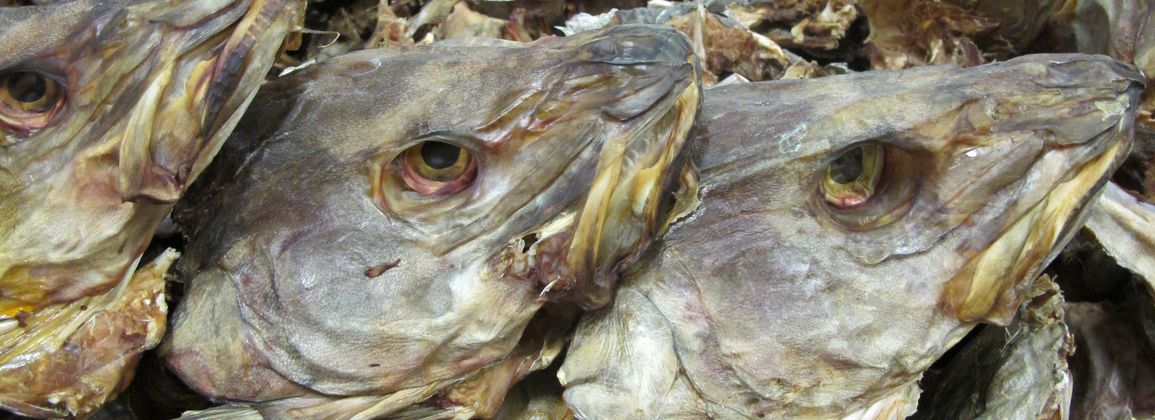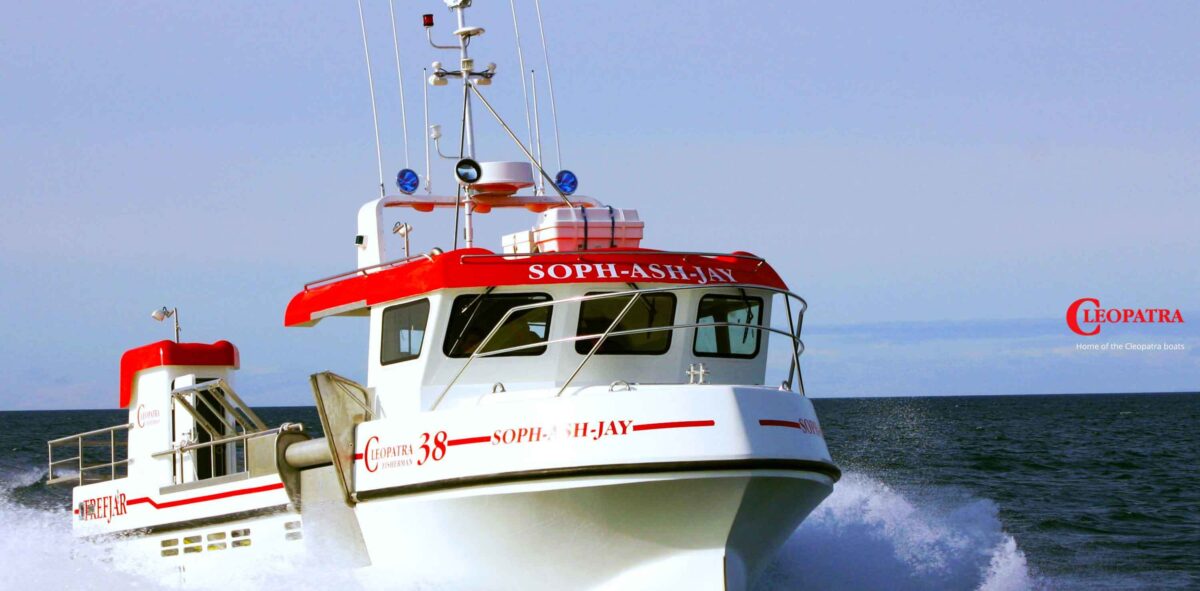Matís organizes the seventeenth Nordic Sensory Workshop (NSW) conference from 3 to 4 May 2018. The topic of the conference is the interplay of different perceptions and the use of perceptual assessment in the food industry.
The results of scientific research in this field and how companies can make use of them will be discussed. The conference will bring together experts in sensory evaluation and consumer research, as well as industry representatives, to discuss the latest research in this field in the Nordic countries. Participants are given an exciting opportunity to examine the perception and interaction of different senses from new perspectives and how this information can be used in a practical way, for example in service or product development. The conference is open to everyone.
More information and registration are at website of the conference.

